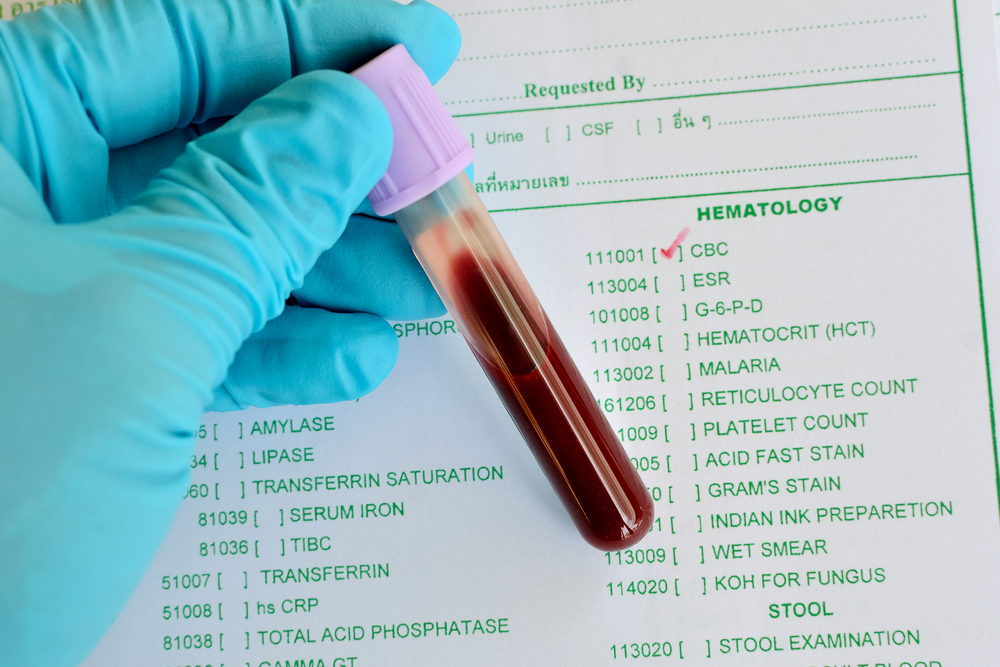Voxelotor Improves Sickle Cell Disease of 83% of Adolescents in Phase 2a Trial
Written by |

The sickle disease of 83 percent of adolescents improved after 16 weeks of taking Global Blood Therapeutics‘ voxelotor, preliminary results of a Phase 2a clinical trial indicate.
Another important finding was that voxelotor prevented irregularly shaped oxygen-carrying hemoglobin cells from clumping in more than half of those treated. The clumping prevents the cells from being able to transport enough oxygen to organs and tissue, causing fatigue, anemia, pain and organ damage.
Researchers reported the trial results at the 2017 Annual Meeting of the American Society of Hematology in San Diego, Dec. 1-4. The findings indicate that voxelotor may be a disease-modifying therapy, or one that can change the course of a disorder, the team said.
Voxelotor is what scientists call an oxygen affinity modulator. By preventing faulty hemoglobin molecules from clumping, it facilitates the flow of oxygen in the blood.
Dr. Carolyn Hoppe of the University of California San Francisco’s Benioff Children’s Hospital in Oakland delivered the presentation at the convention. It was titled “Initial Results from a Cohort in a Phase 2a Study (GBT440-007) Evaluating Adolescents with Sickle Cell Disease Treated with Multiple Doses of GBT440, a HbS Polymerization Inhibitor.”
The trial (NCT02850406) was the first to assess voxelotor in pre-teens and teens. Earlier testing had been done only in adults.
Researchers designed the study in two parts.
In the second part, 24 participants, aged 12–17, received 900 mg of voxelotor a day.
The design called for evaluating a higher dose of the therapy in the first part of the trial. Researchers have yet to recruit enough patients for that group, however.
Altogether, the participants are to be treated for 24 weeks.
Researchers analyzed voxelotor’s initial effectiveness by looking at whether 12 patients’ anemia had improved over 16 weeks. Eleven of the 12 had two copies of a faulty hemoglobin gene.
Voxelator decreased the severity of 83 percent of the patients’ disease. Five of the patients showed no evidence of the disease after 16 weeks.
In addition, 55 percent achieved hemoglobin function improvements.
Patients also tolerated voxelotor well. Most adverse events were mild or moderate, and mainly included nausea, headache and rash. There were no serious adverse events, and none of the children discontinued the treatment due to side effects.
“Our hope is that voxelotor, by modifying the course of sickle cell disease at an earlier age, will ultimately be able to prevent the downstream consequences, including daily symptom burden and organ damage, and improve patients’ quality of life,” Hoppe said in a press release.
Global Blood continues to test the therapy in a Phase 3 trial (NCT03036813) of adults with the disease. A review board recently gave the trial a green light to continue after evaluating preliminary safety data.





